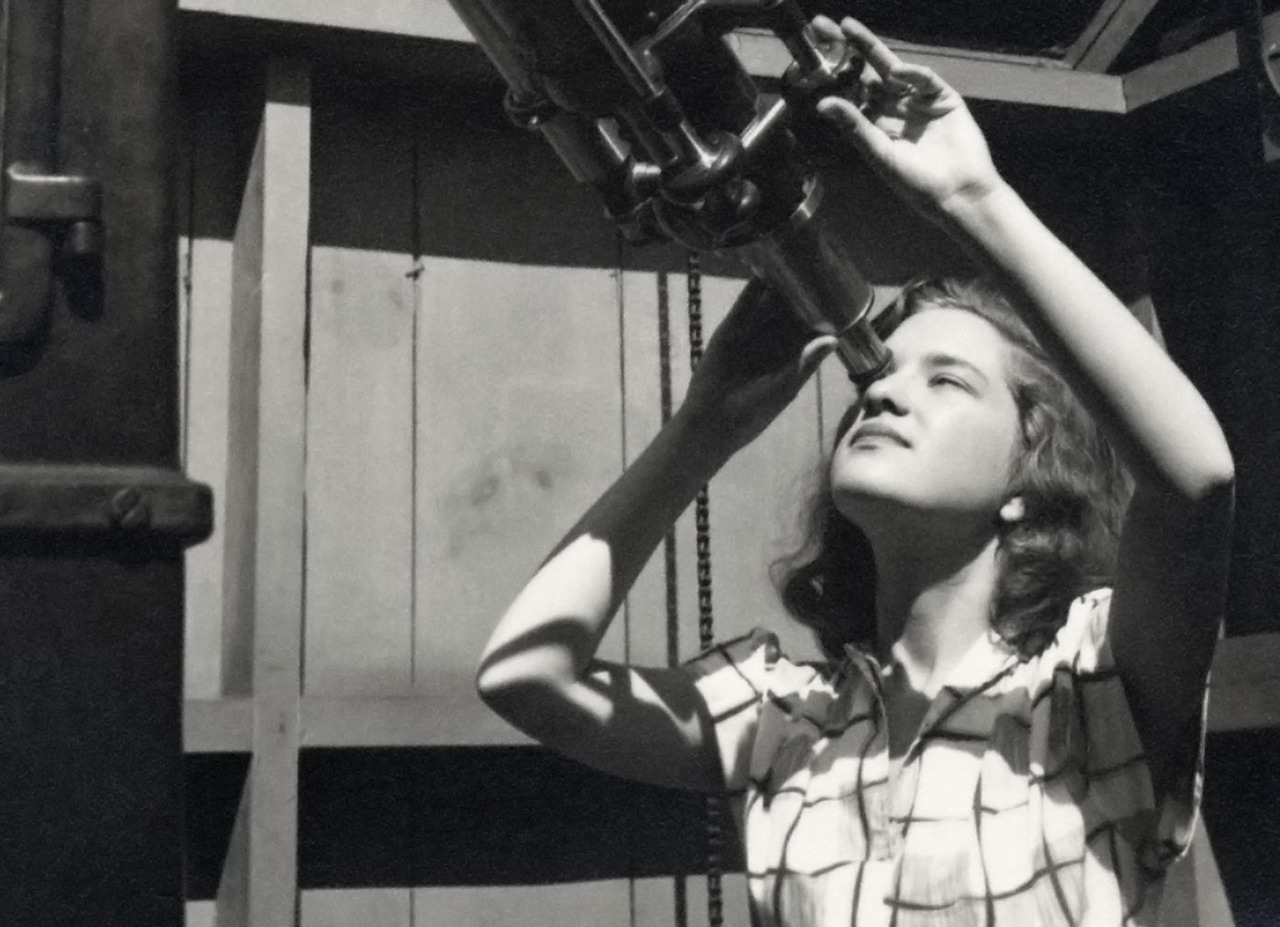fireandwonder:ladieslovescience:femmerenaissance:Vera Rubin (b. 1928)When Vera Cooper Rubin told her
fireandwonder:ladieslovescience:femmerenaissance:Vera Rubin (b. 1928)When Vera Cooper Rubin told her high school physics teacher that she’d been accepted to Vassar, he said, “That’s great. As long as you stay away from science, it should be okay.”Rubin graduated Phi Beta Kappa in 1948, the only astronomy major in her class at Vassar, and went on to receive her master’s from Cornell in 1950 (after being turned away by Princeton because they did not allow women in their astronomy program) and her Ph.D. from Georgetown in 1954. Now a senior researcher at the Carnegie Institute’s Department of Terrestrial Magnetism, Rubin is credited with proving the existence of “dark matter,” or nonluminous mass, and forever altering our notions of the universe. She did so by gathering irrefutable evidence to persuade the astronomical community that galaxies spin at a faster speed than Newton’s Universal Law of Gravitation allows. As a result of this finding, astronomers conceded that the universe must be filled with more material than they can see. Rubin made a name for herself not only as an astronomer but also as a woman pioneer; she fought through severe criticisms of her work to eventually be elected to the National Academy of Sciences (at the time, only three women astronomers were members) and to win the highest American award in science, the National Medal of Science. Her master’s thesis, presented to a 1950 meeting of the American Astronomical Society, met with severe criticism, and her doctoral thesis was essentially ignored, though her conclusions were later validated. “Fame is fleeting,” Rubin said when she was elected to the National Academy of Sciences. “My numbers mean more to me than my name. If astronomers are still using my data years from now, that’s my greatest compliment.” Sources:1. http://innovators.vassar.edu/innovator.html?id=68; http://science.vassar.edu/women/2. http://dspace.mit.edu/handle/1721.1/45424A+ YES. Fabulous ladies getting it DONE.LLSdo you realize how many scifi stories she is indirectly responsible for? She discovered the inspiration for Dust in The Golden Compass. -- source link
Tumblr Blog : femmerenaissance-blog.tumblr.com
